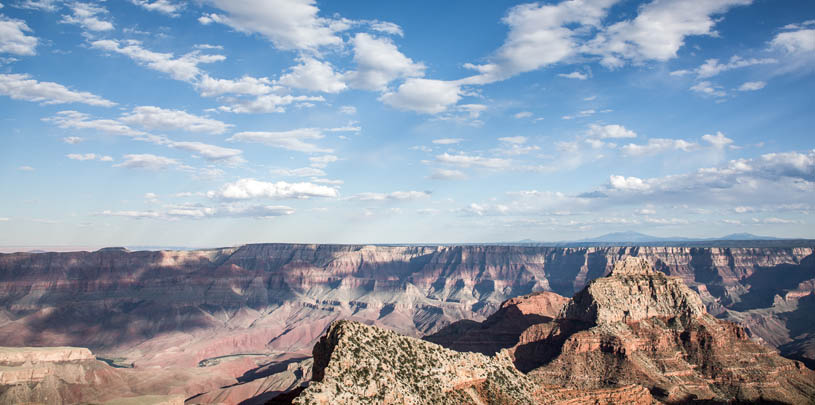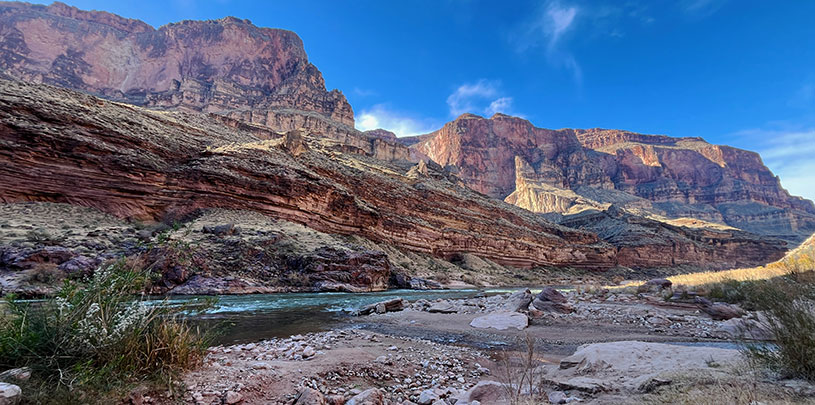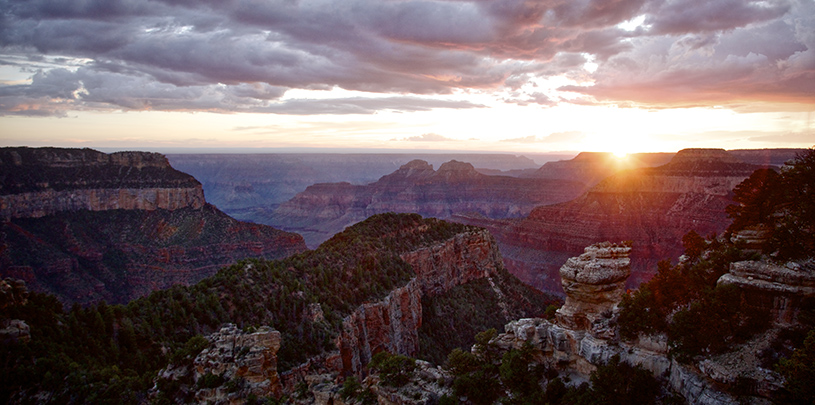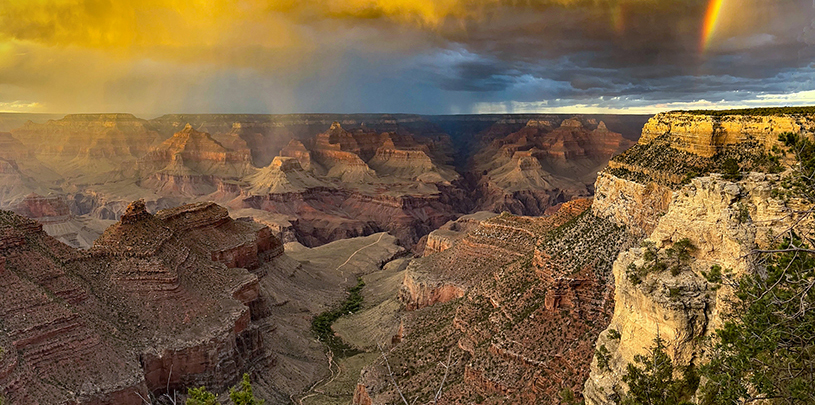
It’s been decades since the U.S. has seen a rush to the hills for uranium. But under the Trump administration, that could be about to change. Today, internationally owned mining companies are clinking their glasses over the chance to make a taxpayer-subsidized profit mining uranium on U.S. public lands despite a glutted global market. Meanwhile communities whose health and environment are still suffering from the last uranium boom, and even domestic nuclear power plant operators, are bracing themselves for impact.
That’s because, this week, the U.S. Department of Commerce announced it will investigate whether or not to recommend to President Trump that he impose quotas to force the purchase of domestically mined uranium under Section 232 of the Trade Expansion Act. This is the same sort of investigation that resulted in tariffs and quotas on aluminum and steel earlier this year.
Uranium industry seeks to boost its bottom line
The uranium investigation comes at the request of Ur-Energy and Energy Fuels International, both Canada-based uranium mining companies with operations in the United States. Both companies petitioned the Department of Commerce back in January to force the purchase of domestically mined uranium by U.S. consumers. Energy Fuels owns and operates the White Mesa Mill, the last remaining conventional uranium mill in the country, and also has significant claims and interest on public lands spanning from the Grand Canyon to Bears Ears to the plains of Wyoming.
American national security is the flag that these mining companies are waving before the administration in hopes that their petition requests will be granted. But that claim is just a convenient frame for what is, at its core, a simple ploy by these companies to bolster their own bottom lines. Why? Allow me to explain.
Security for what?
If a goal of these quotas is to ensure the security of domestic nuclear power, they’re doomed to fail. Forcing U.S. nuclear plants to fulfill a quarter of their demand with uranium mined mostly, if not all, from our public lands and minerals (as the mining companies have requested) would, according to the nuclear power industry itself, actually cost them $500-800 million dollars per year. It would whittle away at these power plants’ already tenuous bottom lines, risking the forced shutdown of plants already struggling against low natural gas prices. The nuclear power industry’s own report claims “[t]he employment impact of the retirement of a single nuclear facility likely offsets any increase in mining employment due to the proposed quota. In addition, incremental retirements due to the quota would permanently diminish demand for uranium, increase electricity costs for consumers, decrease the resiliency of the electric system…”
Okay, so import quotas wouldn’t add security to the nuclear power industry, but what about our military defense needs? As the Washington Post reported on July 18: “The United States has 574.5 metric tons of highly enriched uranium, according to the International Panel on Fissile Materials. A 2015 Energy Department study on security of supply said ‘new sources of fuel for naval reactors will be needed in approximately 2060.’ The United States is seeking to reduce the number of nuclear warheads worldwide, so there is little need for uranium imports for U.S. nuclear weapons.”
So if propping up the domestic uranium market won’t make nuclear power plants more secure and it doesn’t fill gaps in military defense needs, whose interests are being protected, exactly? You’ve got it — the bottom lines of the mining companies themselves. According to the Section 232 petition asking the Department of Commerce to investigate uranium imports, “Under the 25 percent quota, prices increase $21 per pound in 2018 and $32 per pound in 2022…which translate to a 69 and 104 percent increase in domestic prices respectively.”
Earlier this year, Energy Fuels’ president told an audience at an investor conference that if the Section 232 petition were granted, “that could change our business overnight.”





